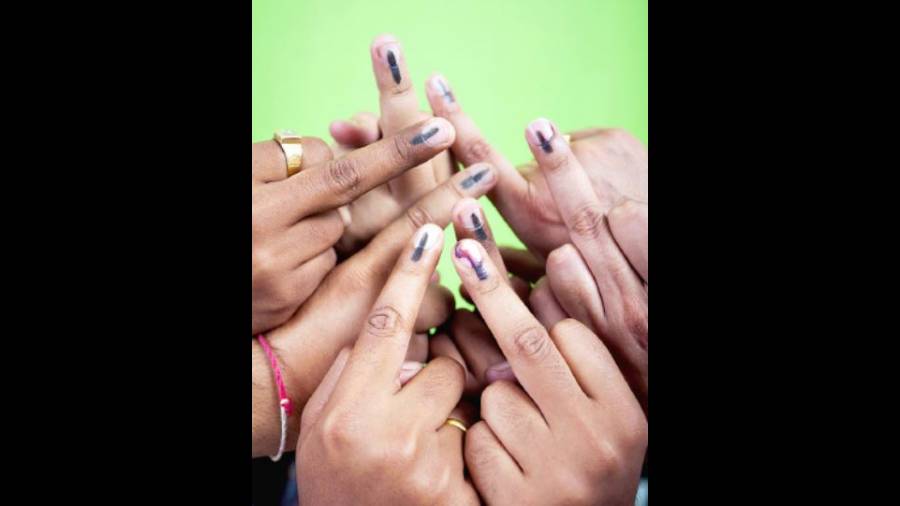Amartya Sen once said a country doesn’t become fit for democracy; it becomes fit through democracy. Perhaps this idea was incorporated in the Constitution while granting universal adult franchise in a country with a significant illiterate population. R.K. Sidhwa, a member of the Constituent Assembly, called it the greatest risk. Interestingly, he also remarked that the Constituent Assembly took the risk as democracy would be futile without universal adult franchise.
The right to vote was kept outside fundamental rights. However, Article 326 of the Constitution provides that every person not less than 18 years is entitled to be registered as a voter. This is subject to disqualification in the Constitution or as provided under any law by the appropriate legislature on the grounds of unsoundness of mind, non-residence, crime and corrupt or illegal practice.
An entitlement to be registered as a voter carries the presupposition of the right to vote. However, the Supreme Court, in a catena of decisions, has consistently held the right to vote as a statutory right provided under Section 62 of the Representation of People Act, 1951. This provision lays down that every person who has entered the electoral roll of any constituency is entitled to vote and also lays down restrictions on it. Reading this provision, the Supreme Court concluded that the right to vote is neither a fundamental nor a constitutional right; it is a statutory right.
This position has been maintained since the 1952 decision in the NP Ponnuswami vs Returning Officer. In 1982, the highest court went a step further in Jyoti Basu vs Debi Ghosal to observe that the right to vote is fundamental to democracy. However, outside of the RPA, there is no right to elect, no right to be elected, and no right to dispute any election.
Apex court judges who regard the right to vote as a constitutional right have always found themselves in the minority. In PUCL vs Union of India, Justice J. Reddi held that the right to vote exists because of a constitutional mandate; hence, it cannot be viewed merely as a statutory right. In 2012, Justice J. Chelameswar observed that certain constitutional provisions — Article 326 providing for adult suffrage, Article 325 enabling an anti-discrimination clause with respect to the general electoral roll for every constituency and Articles 81 & 170 permitting direct election to the Lok Sabha and legislative assemblies — are sources of the right to elect. Cumulatively, they vest a right in all citizens (18 and above) to participate in the electoral process, subject to limitations as may be imposed by law.
In 2013, the Supreme Court also held that the principle of free and fair elections includes the right of an elector to cast his/her vote without fear, duress or coercion as well as protection of the identity of the voter. It is there fore inconsistent to state that the right to vote is statutory when these incidental rights, which aid a citizen in an informed exercise of the right to vote, have constitutional protection.
It is pertinent to consider the Draft Report on Simultaneous Elections by the Law Commission of India. It states that the right to vote germinates from the Constitution and is moulded by the RPA, thereby making it both a constitutional and statutory right. Unfortunately, these observations do not carry the force of the law.
This failure to enumerate the right to vote as a constitutional right is a failure of the principle of adult suffrage, which was echoed in the pre-constitutional negotiations in India, including the Swaraj Bill of 1895, the Motilal Nehru Report of 1928 and the Sapru Committee Report of 1945. By extension, this is also a failure to fortify democracy.
Prakhar Raghuvanshi is a student at National Law University, Jodhpur











